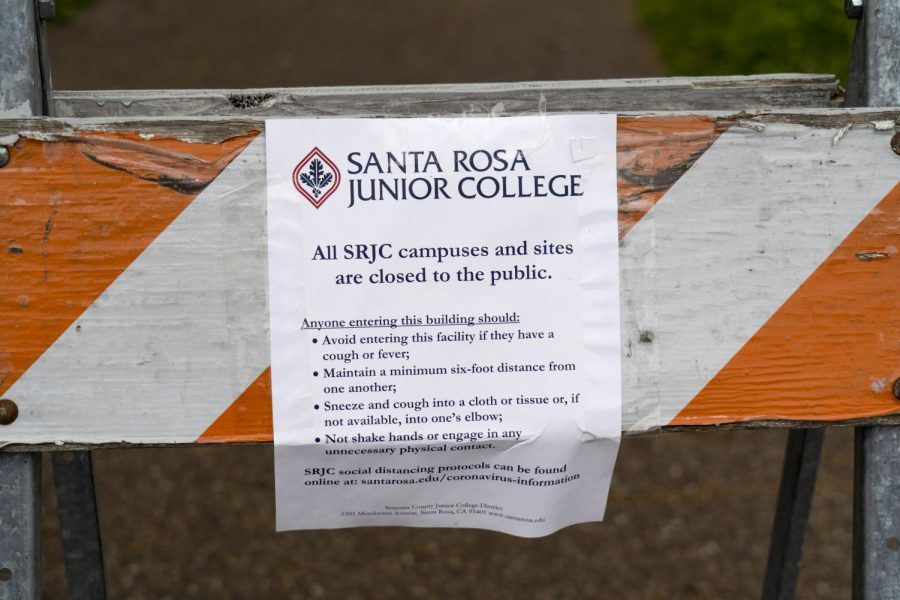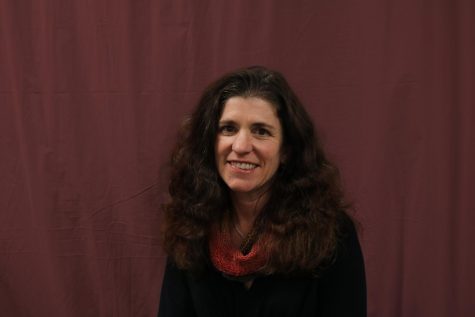Student responses to the announcement that Santa Rosa Junior College classes will be held entirely online for the fall 2020 semester ranged from disappointed to furious.
SRJC President Dr. Frank Chong announced Thursday afternoon “SRJC will continue to operate the instructional program and student services remotely through the end of the Fall 2020 semester.”
“That’s INSANE!” said SRJC student Tate Jarrell, 18. “I think it’s an overreaction. Most people at college are in the least vulnerable demographic. If people don’t want to go to campus, they should just choose to take an online class, rather than the school leadership forcing everyone to stay online.”
Seventeen-year-old SRJC student Lillian, who asked that her last name not be used, is devastated by Chong’s announcement. “I think the decision to be online only is premature,” she said. “There are different learning types and a lot don’t adhere to an online learning model. A lot of people will end up withdrawing from the semester.”
Lillian will likely be one of those students who withdraws. She has had difficulty the past few months learning on an online platform and is considering moving to a different town with a community college where she can attend in a live classroom setting. Lillian is a political science major who planned to transfer to a UC in 2021 through the Transfer Admission Guarantee (TAG) program, but may now choose to delay transferring.
“I’m disappointed because this could rearrange my plans,” she said. The college’s shift to online-only will probably set her back a full year.
Several other students said they struggle academically when using an online platform.
“Personally, I’ve never done well with online classes,” said Nathan Doe, a business administration major with two years at the JC. “I have ADD, and there’s so many distractions around me in my room that I prefer to study and do homework outside of my house. Having to do everything at home currently is rough, and it’s going to be even harder in the fall now.”
Doe said he remembers a lot more class content when he’s sitting in a classroom. “I think this shift will definitely affect my grades in the fall, and I’m worried. I feel less productive now more than ever being online.”
For other students, online learning is not compatible with their majors.
“I’m a music major, and a lot of my credits are performance based, so I’m a little confused and concerned about how that is going to play out,” said Everest Rose Barnette, 19. “It also feels a little harder to get the same hands-on education that you can get from being in person with an instructor.”
Michelle Knutson has a similar problem. The 25-year-old student is in her first year in the Natural Resource Management program, a major for which many of the classes use lab or field work.
“I felt really bummed, but I kind of knew it was coming, and I know it’s the right thing to do,” Knutson said. “I’m really hopeful that they’ll figure out how to continue lab and field work time so that we can get hands-on experience, which I have felt a lack of since the switch to online class started.”
Willow Ornellas, 18, first-year communication studies student said a lot of her classes are communications related. “So it’s kind of hard to have them online because there is so much lost that is between the in person connection. I’m having a difficult time deciding what to take next semester.”
Oak Leaf staff members interviewed many more students for this article and not a single student offered anything positive to say about the decision to continue remote learning throughout the Fall semester.




